Helmut Kohl, chancellor who reunited Germany, dies at 87
Fri 16 Jun 2017, 22:39:05
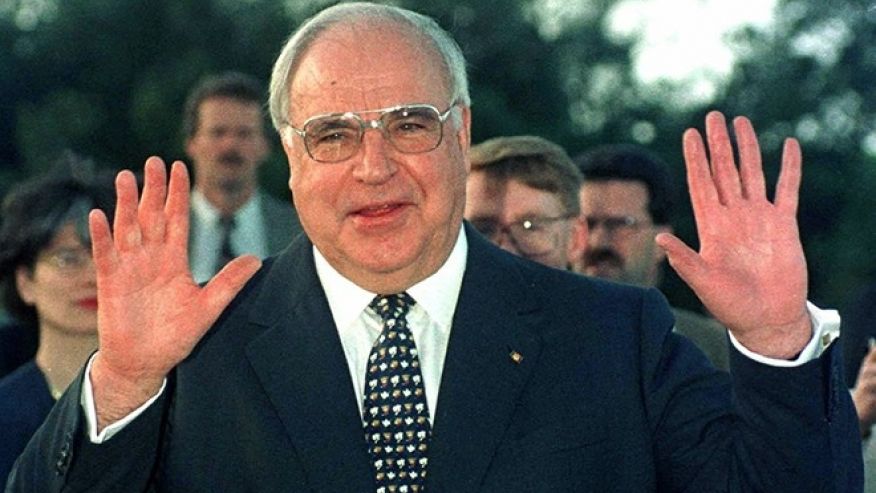
Helmut Kohl, the physically imposing German chancellor whose reunification of a nation divided by the Cold War put Germany at the heart of a united Europe, has died at 87.
Kohl's Christian Democratic Union party posted on Twitter: "We are in sorrow. #RIP #HelmutKohl."
The daily newspaper Bild reported that Kohl died Friday at his home in Ludwigshafen.
Over his 16 years at the country's helm from 1982 to 1998 - first for West Germany and then for all of a united Germany - Kohl combined a dogged pursuit of European unity with a keen instinct for history. Less than a year after the November 1989 fall of the Berlin Wall, he spearheaded the end of Germany's decades-long division into East and West, ushering in a new era
in European politics.
in European politics.
It was the close friendships that Kohl built up with other world leaders that helped him persuade both anti-communist Western allies and the leaders of the collapsing Soviet Union that a strong, united Germany could finally live at peace with its neighbors.
"Helmut Kohl was the most important European statesman since World War II," Bill Clinton, the former U.S. president, said in 2011, adding that Kohl answered the big questions of his time "correctly for Germany, correctly for Europe, correctly for the United States, correctly for the future of the world."
"The 21st century in Europe really began on his watch," Clinton said, describing Kohl as "a man who was big in more than physical stature."
No Comments For This Post, Be first to write a Comment.
Most viewed from International
Most viewed from World
AIMIM News
Latest Urdu News
Most Viewed
May 26, 2020
Do you think Canada-India relations will improve under New PM Mark Carney?
Latest Videos View All
Like Us
Home
About Us
Advertise With Us
All Polls
Epaper Archives
Privacy Policy
Contact Us
Download Etemaad App
© 2025 Etemaad Daily News, All Rights Reserved.

.jpg)
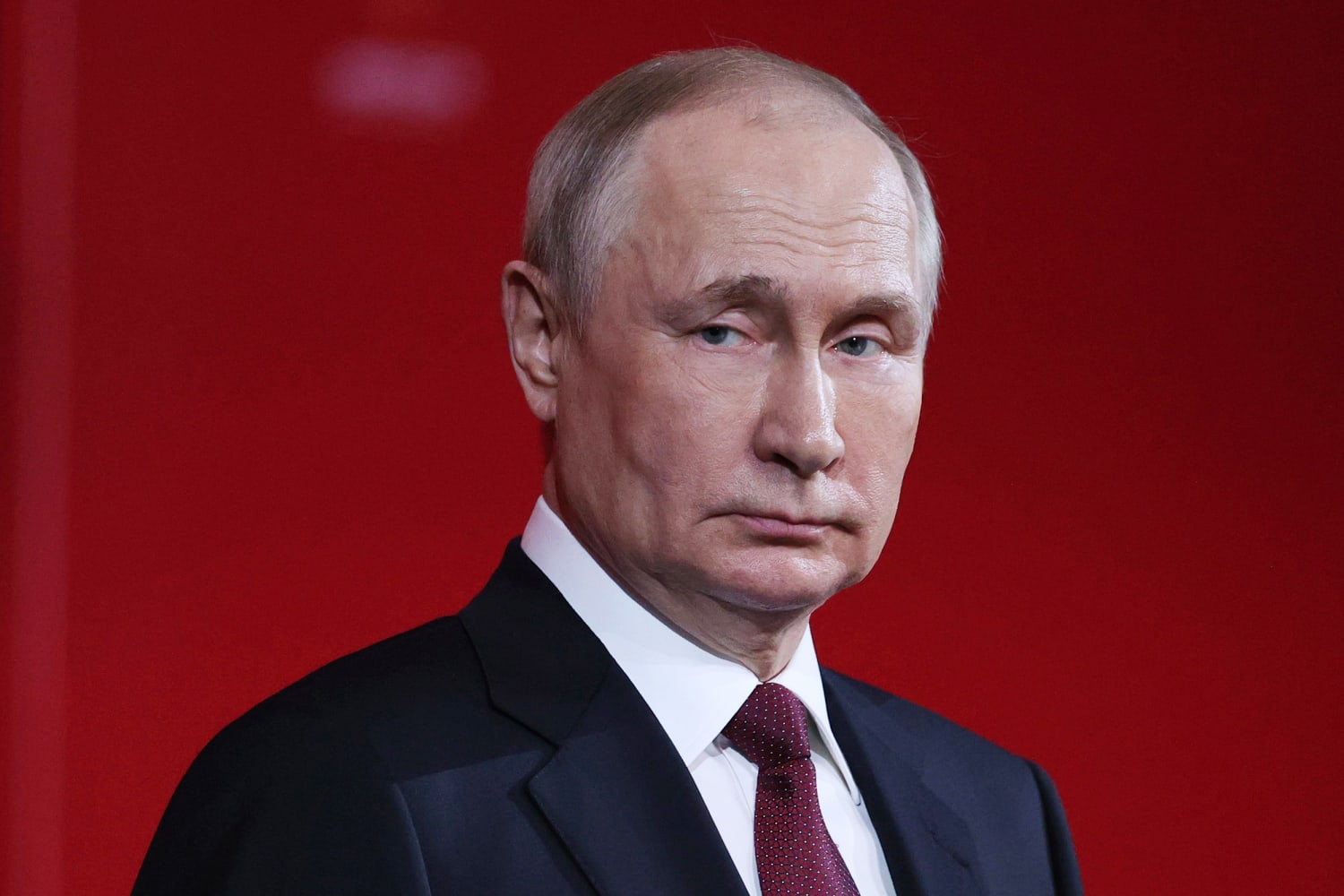
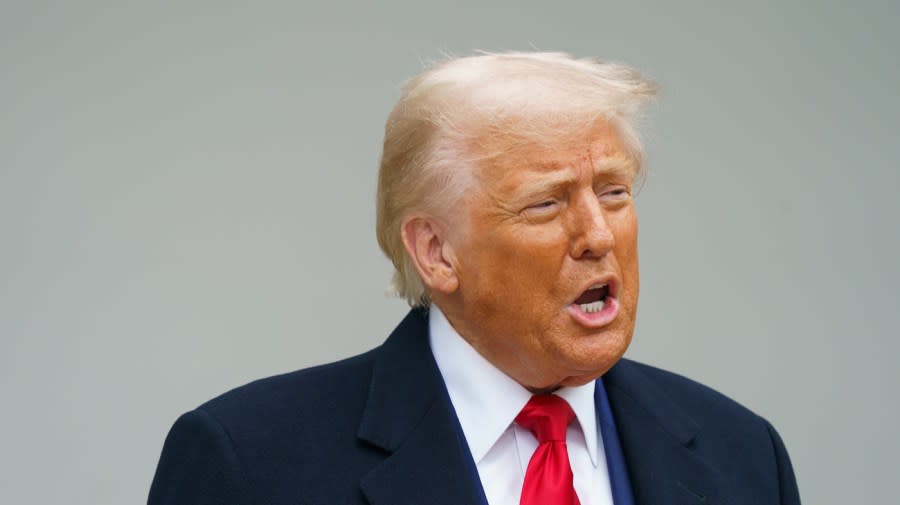
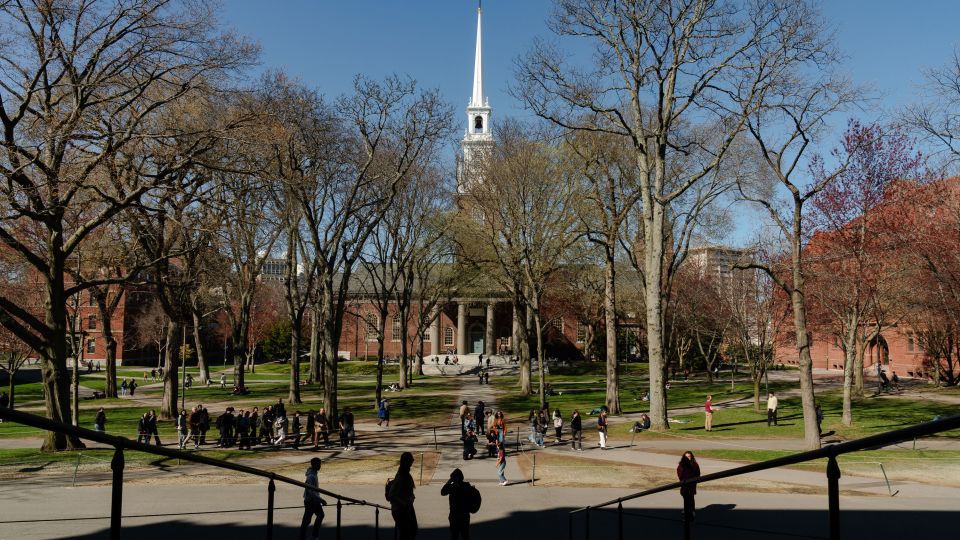
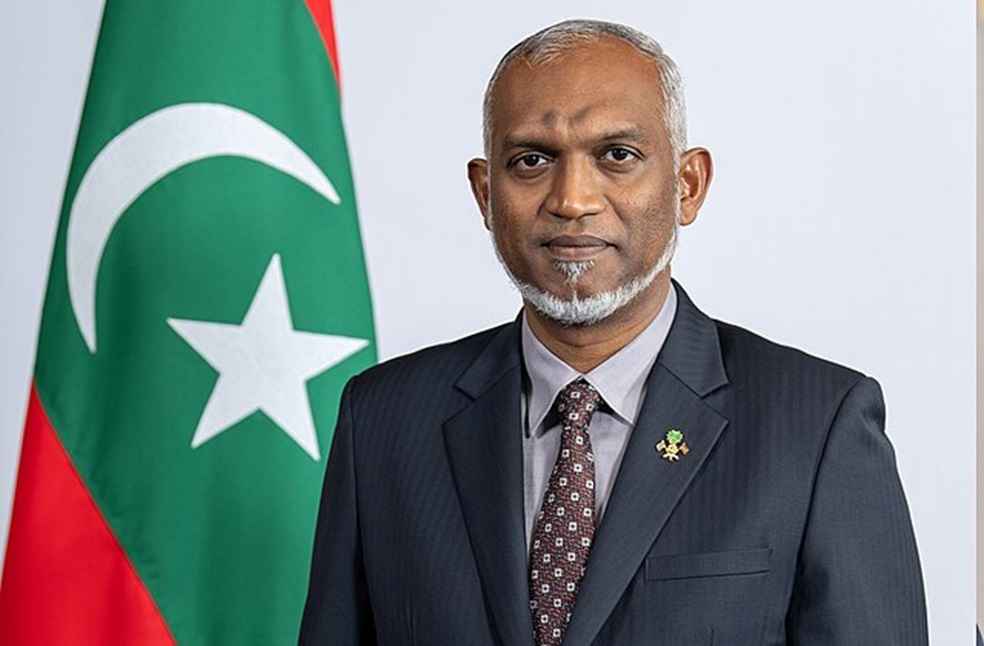
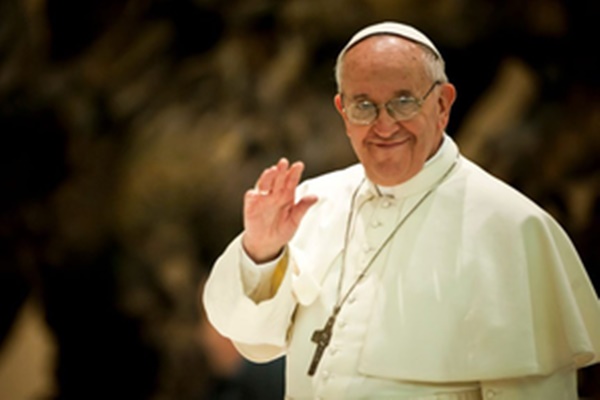
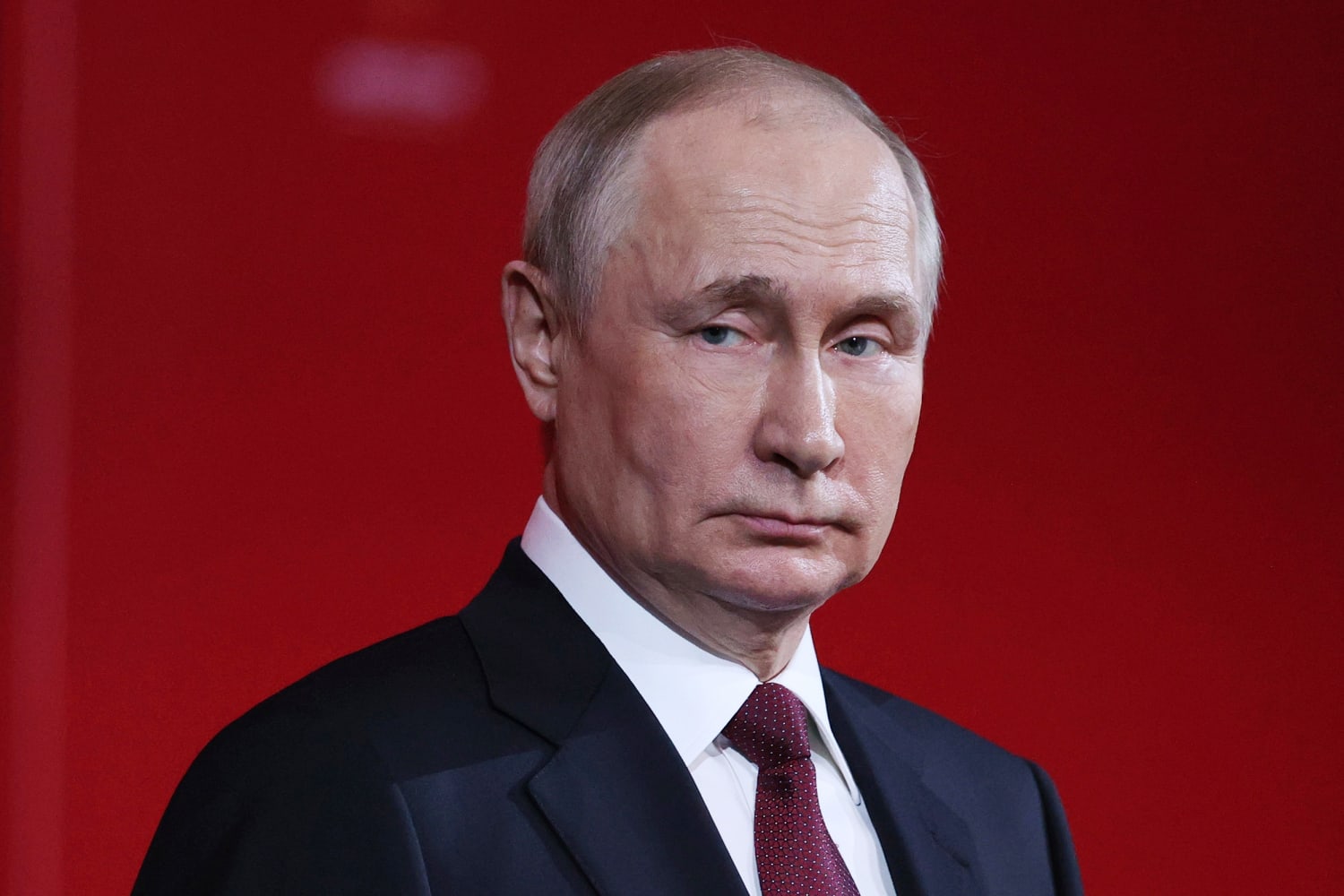

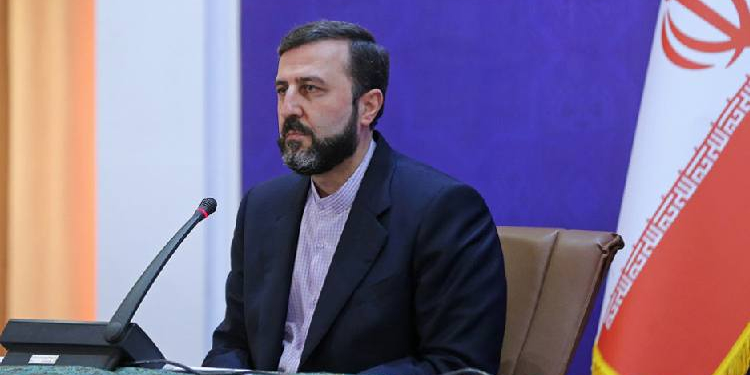
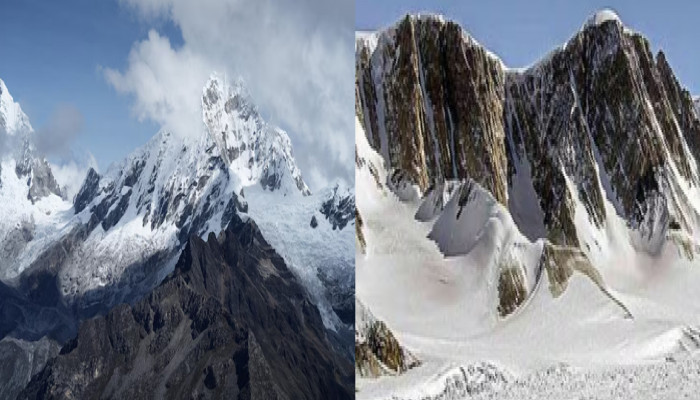
.jpg)
.jpg)
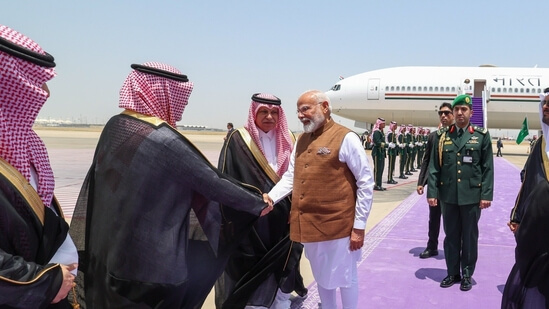
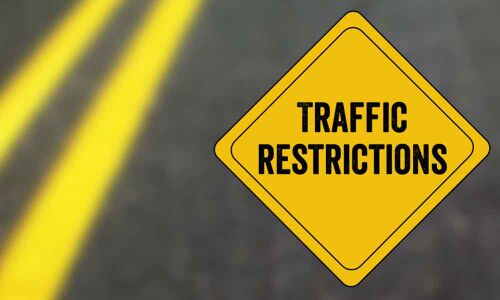

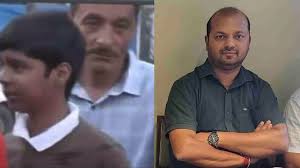
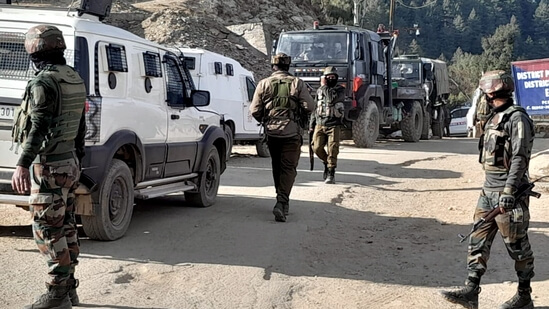
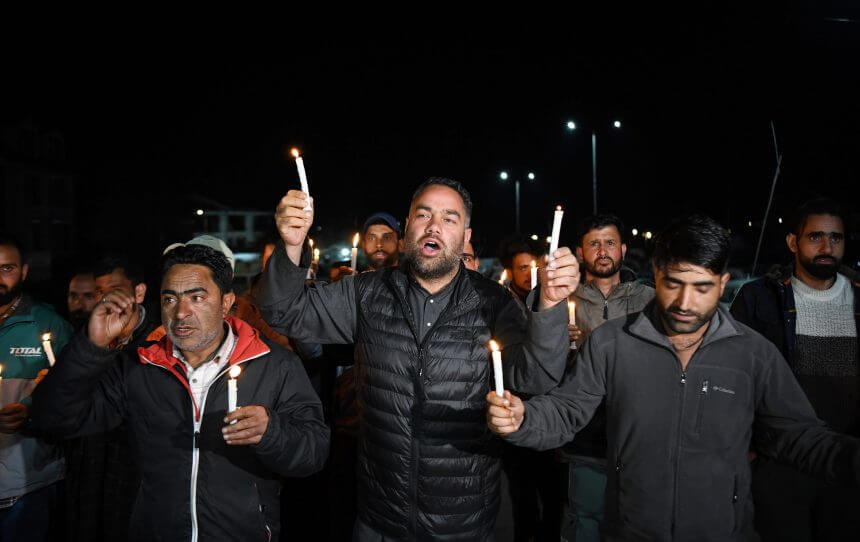
.jpg)
.jpg)
.jpg)
.jpg)
.jpg)
.jpg)

















